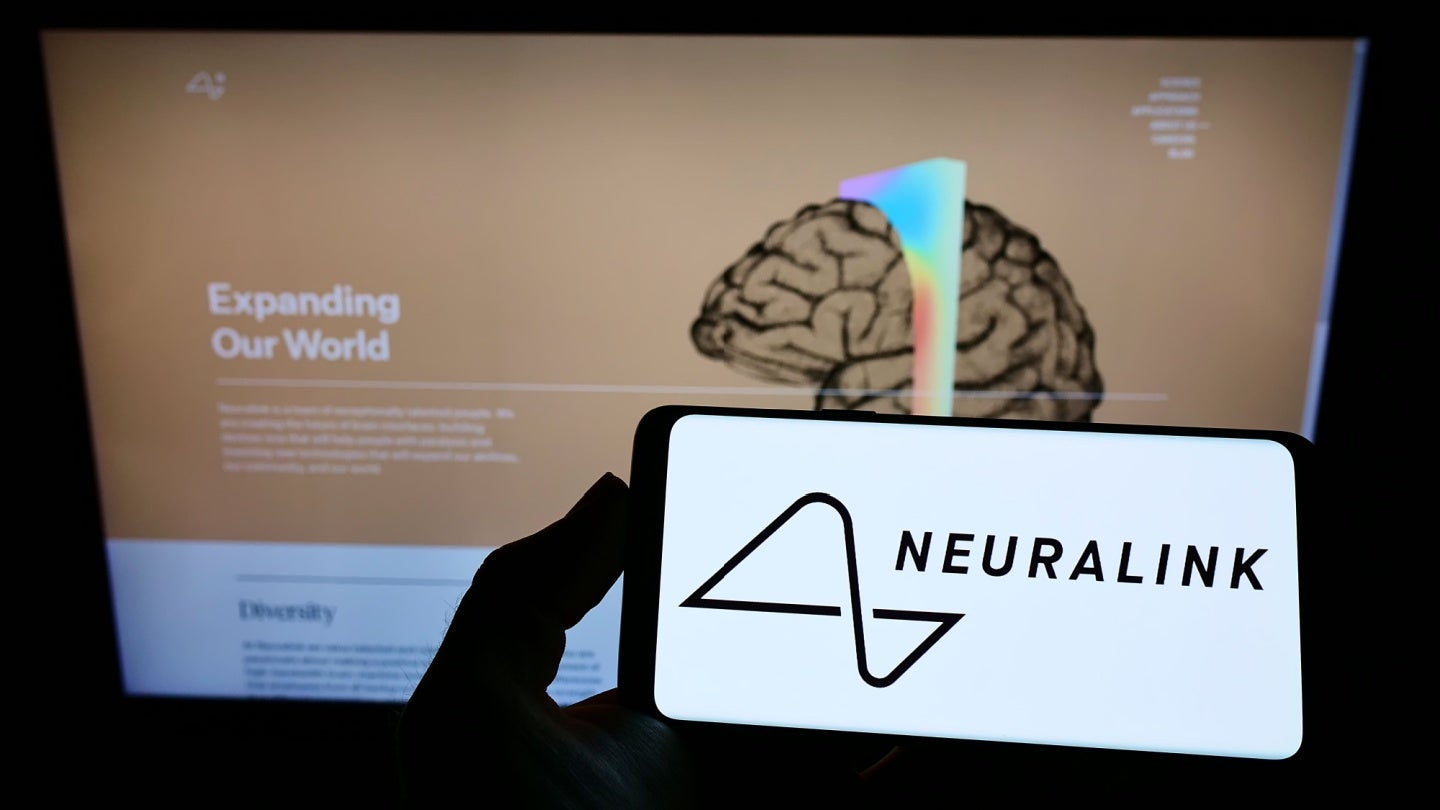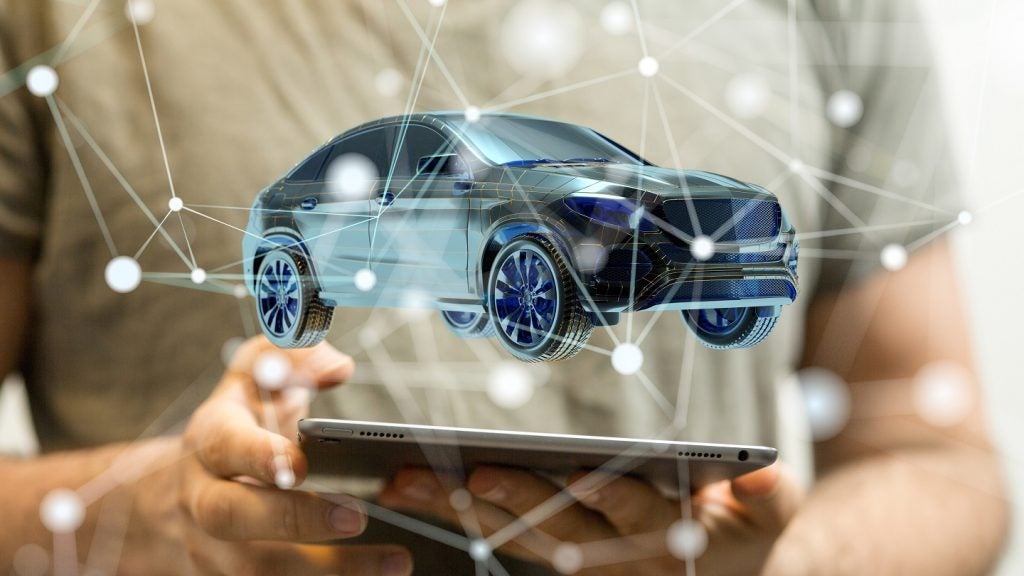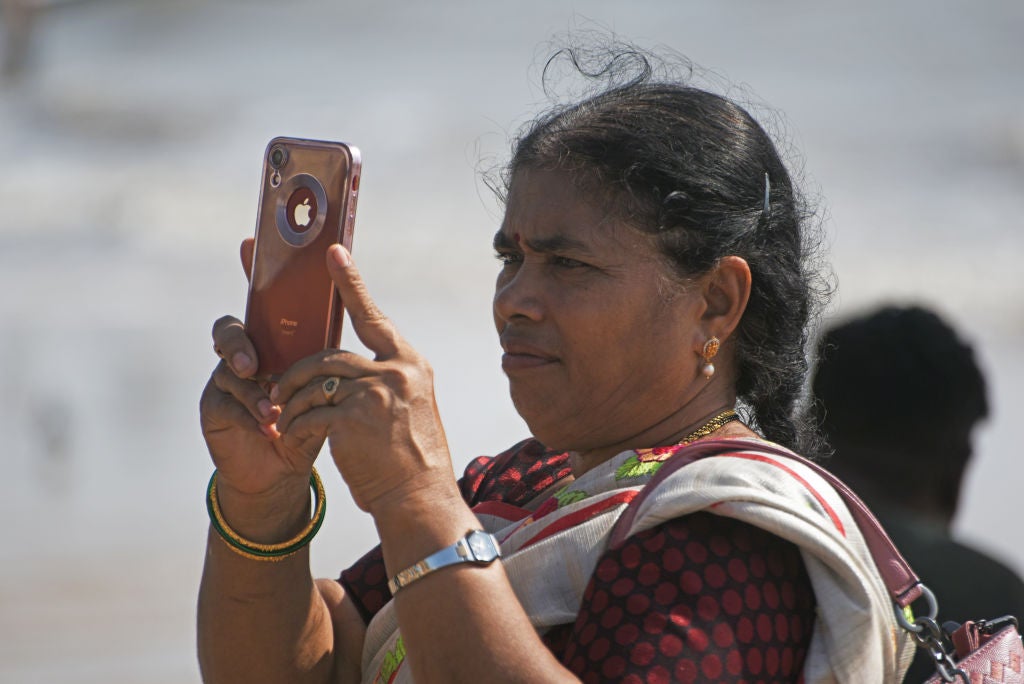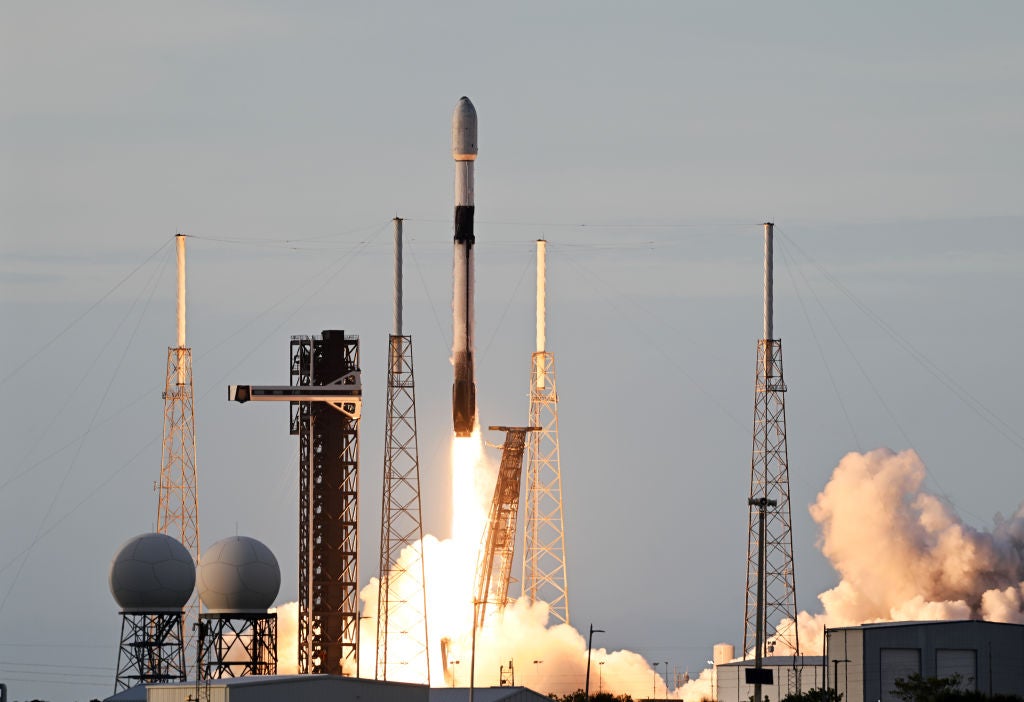
The first Neuralink implant in a human patient has partially detached from the patient’s brain weeks after it was implanted.
In a blog post, Neuralink stated that the patient, Noland Arbaugh, was doing well following his surgery in January 2024 but that several threads in his implant had partially detached from his brain.
The threads are a part of Neuralink’s implant that carry brain electrodes to the implant for recording. Each implant, named a Link, has around 64 threads that attach to the patient’s brain independently.
Neuralink’s original statement following Arbaugh’s surgery stated that he was able to return home the following day with no complications.
Neuralink did not specify the number of threads that had detached but stated that it had affected the Link’s ability to work, requiring an updated algorithm to be used to improve the Link’s sensitivity to Arbaugh’s brain activity.
Arbaugh is the first human participant in a Neuralink study recording the effectiveness of its Link implant. He is quadriplegic and prior to the study used a mouth-stick stylus tablet to communicate with others.
How well do you really know your competitors?
Access the most comprehensive Company Profiles on the market, powered by GlobalData. Save hours of research. Gain competitive edge.

Thank you!
Your download email will arrive shortly
Not ready to buy yet? Download a free sample
We are confident about the unique quality of our Company Profiles. However, we want you to make the most beneficial decision for your business, so we offer a free sample that you can download by submitting the below form
By GlobalDataSince the surgery, Arbaugh has been able to use the Link to play video games and browse the internet.
“The biggest thing with comfort is that I can lie in my bed and use [the Link]. Any other assistive technology had to have someone else help or have me sit up,” said Arbaugh.
“Sitting causes stress mentally and on my body, which would give me pressure sores or spasms. It lets me live on my own time, not needing to have someone adjust me, etc. throughout the day,” he stated.
Neuralink first received FDA approval to conduct human trials in May 2023.
While several threads have partially detached, Gav Martell, cofounder of patient data collection software provider Yonalink, explained that this may not constitute a cause for concern over Neuralink’s future trials.
“Challenges are inevitable in clinical trials. To an outsider, these might appear as major setbacks, and occasionally they are,” he said.
Martell explained that every challenge in a trial represents a unique learning experience for Neuralink.
“In this instance, the significant issue of threads retracting doesn’t invalidate the trial; rather, it compels the Neuralink team to derive real lessons and address problems. Ultimately, the goal is to still come away with valuable scientific findings, all while avoiding excessive costs and delays that could jeopardise the trial,” he said.







